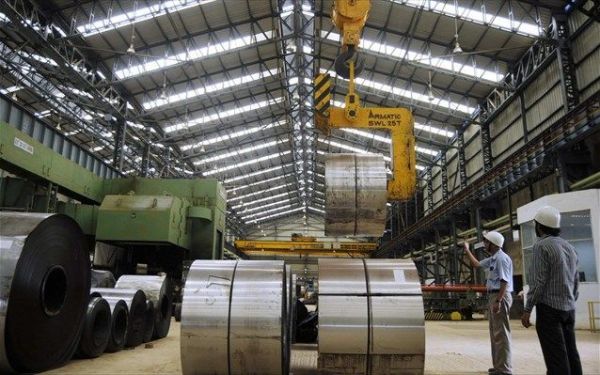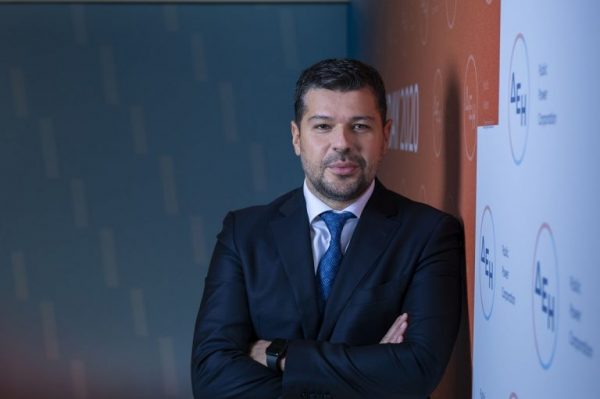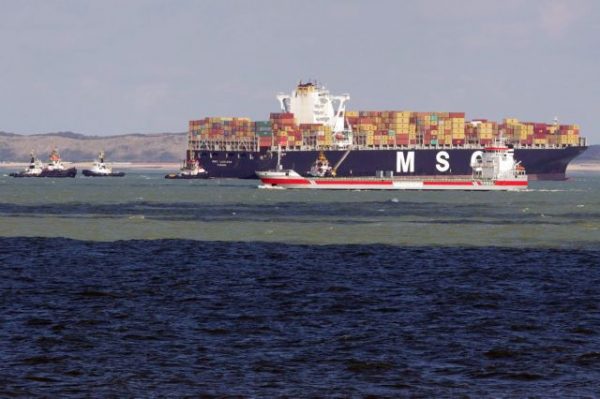
Having emerged from a decade of unprecedented crisis, punctuated by three recapitalizations, Greece’s systemic banks are now focusing on the 2022-2025 period, which is deemed just a crucial for the domestic economy as the previous two-year post-bailout era.
The emphasis is on guaranteeing permanent sources of liquidity and capital infusions from the markets.
Among others, Greece’s share of an EU post-Covid recovery package is estimated at above 30 billion euros, with the country’s four systemic banks figuring in the economic picture, whereas stepped up pressure exist for banks to boost their financing of the recovering Greek economy with capital.
One threshold recently passed was a successful share capital increase by Piraeus Bank, in tandem with credit upgrades of both Greece and systemic banks by S&P.
At the same time, Greek banks but maintain a minimum amount of equity and subordinated debt to support an effective resolution (MREL).
Supervisory authorities now point to a goal of capital sources exceeding 25 percent of risk-weighted assets by 2025, so as to protect depositors from a risk of “haircut”, and the state from the specter of another bank bailout.
On its part, the Bank of Greece, the country’s central bank, considers that the four systemic banking groups in the country – Alpha Bank, Eurobank, National Bank and Piraeus Bank – must cover a distance of 10 billion euros to achieve an optimization of their capital structure.
In any case, the issuance of new security will depend on demand by the international and domestic community.
Last week, Eurobank completed its first senior preferred bond issuance since 2017, at a level of 500 million euros and with a low yield.
The goal by the bank’s management is within 2021 to float another such issue, with similar initiatives in 2022-23.
Piraeus Bank is eyeing Tier1 securities of 600 million euros.
National Bank recently issued a senior preferred green bond – the first in the Greek market – worth 500 million euros.
Latest News

EU Praises Greece’s RRF Progress as Revised Recovery Plan Nears Completion
Athens is preparing to submit its revised “Greece 2.0” Recovery and Resilience Plan after Easter, with a slight delay from the initial timeline but with the European Commission’s approval.

Greek €200M 10Y Bond to be Issued on April 16
The 3.875% fixed-interest-rate bond matures on March 12, 2029, and will be issued in dematerialized form. According to PDMA, the goal of the re-issuance is to meet investor demand and to enhance liquidity in the secondary bond market.

German Ambassador to Greece Talks Ukraine, Rise of Far Right & Tariffs at Delphi Economic Forum X
Commenting on the political developments in his country, the German Ambassador stressed that it was clear the rapid formation of a new government was imperative, as the expectations across Europe showed.

Athens to Return Confiscated License Plates Ahead of Easter Holiday
Cases involving court orders will also be excluded from this measure.

Servicers: How More Properties Could Enter the Greek Market
Buying or renting a home is out of reach for many in Greece. Servicers propose faster processes and incentives to boost property supply and ease the housing crisis.

Greek Easter 2025: Price Hikes on Lamb, Eggs & Sweets
According to the Greek Consumers’ Institute, hosting an Easter dinner for eight now costs approximately €361.95 — an increase of €11 compared to 2024.

FM Gerapetritis Calls for Unified EU Response to Global Crises at EU Council
"Europe is navigating through unprecedented crises — wars, humanitarian disasters, climate emergencies," he stated.

Holy Week Store Hours in Greece
Retail stores across Greece are now operating on extended holiday hours for Holy Week, following their Sunday opening on April 13. The move aims to accommodate consumers ahead of Easter, but merchants remain cautious amid sluggish market activity.

Green Getaway Ideas for Easter 2025 in Greece
Celebrate Easter 2025 in Greece the sustainable way with eco-farms, car-free islands, and family-friendly getaways rooted in nature and tradition.

Civil Protection Minister Details Summer Firefighting Plans at Delphi Forum
At the 10th Delphi Economic Forum, Minister of Climate Crisis and Civil Protection Yiannis Kefalogiannis discussed Greece's plans for the upcoming fire season.









































 Αριθμός Πιστοποίησης
Αριθμός Πιστοποίησης